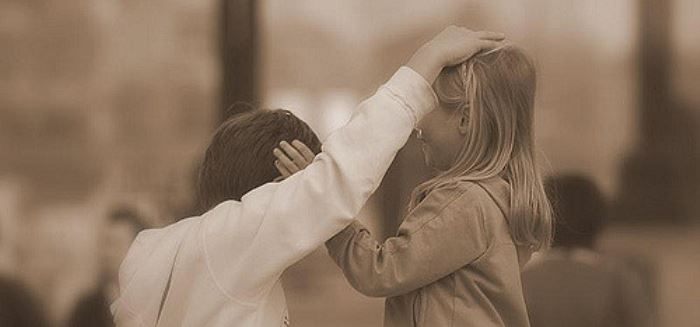It’s not often I find a truly fresh, inspiring, new angle on stewardship, but today’s post is exactly that. I met Andy Nelson many years ago — when he was in seminary, in fact — and today he abounds in pastoral wisdom (and plenty of experience). I hope you enjoy Andy’s thoughtful stewardship framing as much as I did!
Yours truly,
Adam Copeland, Center for Stewardship Leaders
Fostering Stewardship
Andy Nelson
“You know, I have actually thought more often and more seriously about stewardship in the last six weeks than I ever have in my life.”
That is what my wife said, a bit to my surprise but also gratitude, when I mentioned I’d been invited to write about stewardship. No, we haven’t been running an exciting capital campaign at church. And lately I’ve preached no sublime sermon series on generous giving.
But back in the spring, we did become licensed foster parents. And six weeks ago, just about the time my wife began pondering stewardship more deeply, we welcomed the first of two foster children into our home.
If stewardship is the work, joy, art, and responsibility of nurturing what belongs first to another, then our experiences with foster care are certainly giving us a fresh perspective. They have broadened the scope of what we think of as stewardship, and even more they have heightened the sense of both joy and responsibility that goes along with it.
Had you asked us before we became foster parents whether we thought raising our children was an act of stewardship, we’d have likely agreed that it was. We’d have acknowledged, at least in an abstract sense, that we were nurturing exquisite gifts from God. But there is something about being entrusted with someone else’s children — especially in circumstances that illuminate how vulnerable those children and their families may be — that makes the act of stewardship all the more clear.
We are, for example, specifically accountable to other people for the health and well-being of our foster children in a way that we are not for our own kids. To imagine harm coming to any of our biological children is frightening, yet to think of harm coming to someone else’s child when that child has been given into our care is even more deeply terrifying.
In a more mundane way, foster care often means doing things that are uncomfortable or difficult or tedious — keeping records, justifying our parenting choices, following stricter guidelines for health and safety than we might otherwise, and in general doing a fair number of things that it would be easier not to do.
Foster care often means making decisions with someone else’s hopes and desires in mind. More pointedly, it sometimes means making choices we wouldn’t necessarily make for ourselves or our own children because we have the hopes and desires of someone else in mind.
But we accept this greater accountability, and we tend to these difficult tasks, and we make these decisions with others’ hopes and desires in mind because these things are all part of the responsibility we owe to those who have entrusted us with the gift of these children.
And it is worth it. Because as we watch these children grow and begin to flourish, we also share in the joy of their thriving.
For our family, thinking of foster care as an act of stewardship — and thinking of stewardship as an act of foster care — has helped us understand both a little better. For just as with the children we foster, in the stewardship of other resources, we recognize:
- We are entrusted with gifts that are at once precious, vulnerable, and imbued with great potential.
- There is an intentionality required and an accountability demanded to One beyond ourselves.
- It will be necessary to make difficult decisions while keeping the hopes and desires of Another in mind.
- We also live in the promise to witness and to share in the joy and flourishing that comes from good stewardship.
If you find the interconnection between stewardship and foster care at all fruitful, I encourage you to seek out others who are doing this work and hear their stories. They will surely have something to say!
For More Information
Rev. Andy Nelson is a pastor in the Evangelical Lutheran Church in America. He currently serves as chaplain of Morningside College and as pastor of children, youth, and family ministry at St. Mark Lutheran Church, both in Sioux City, IA. His wife, Jessica Pleuss, PhD is a member of the psychology faculty of Morningside College.

